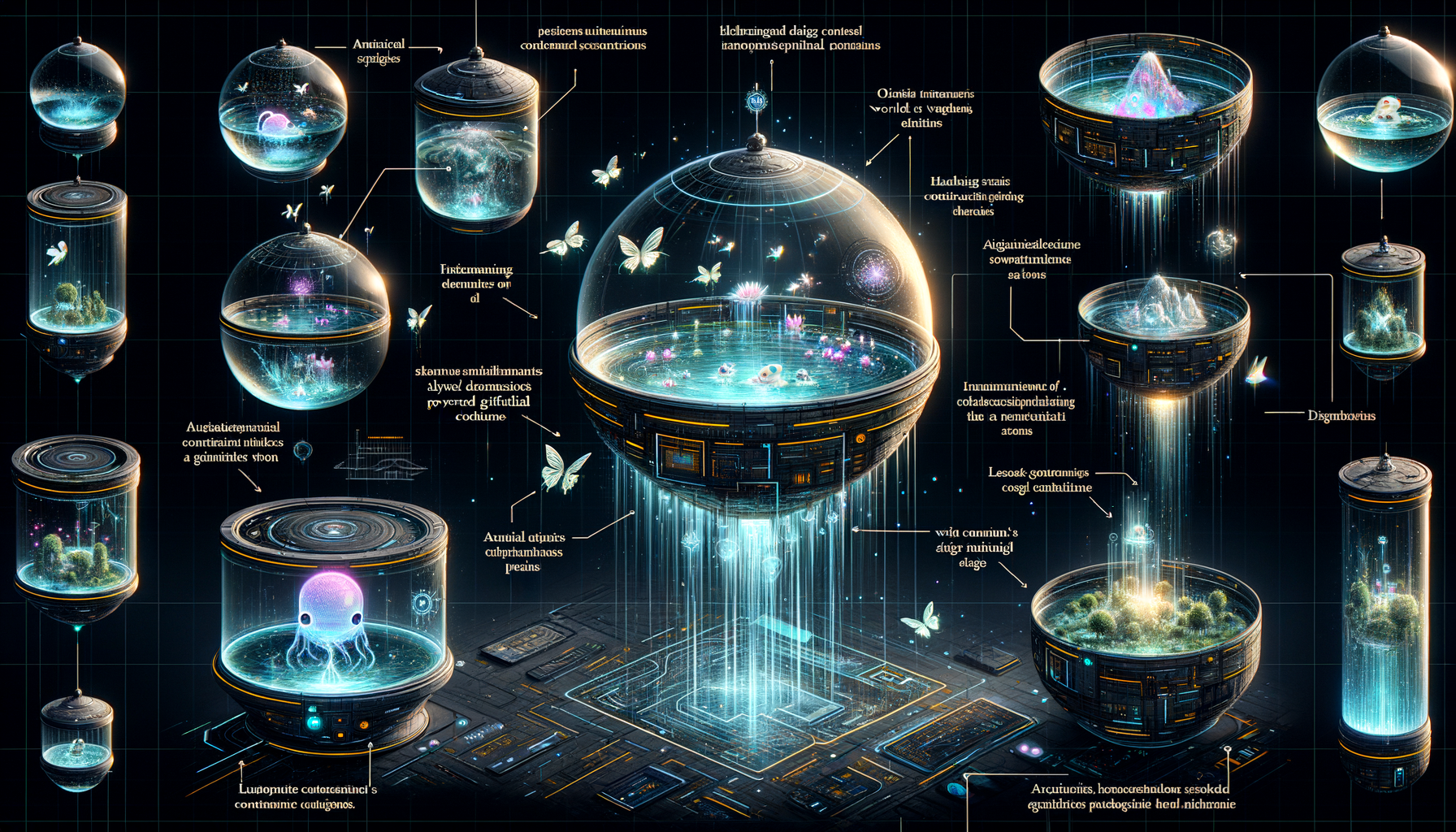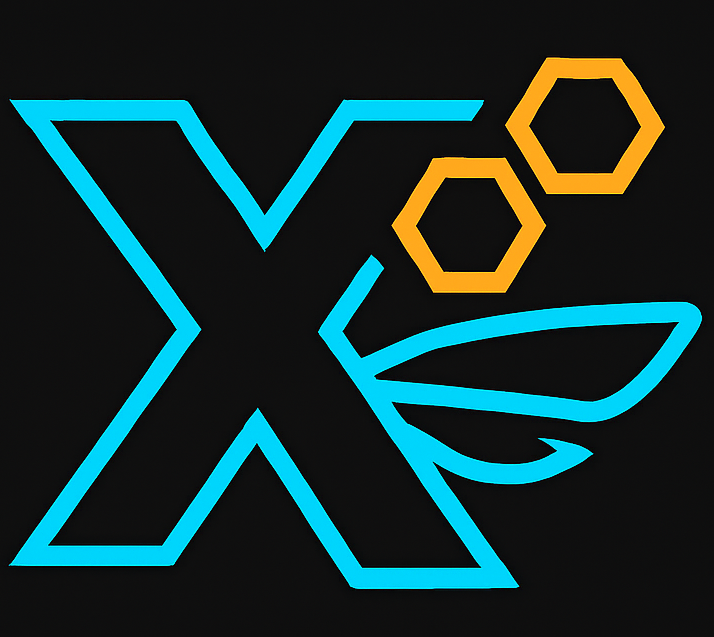AI Integration Testing: Why Sandboxed Teams Are the Final Boss Solution
“The junior dev’s PR looked perfect. The AI had generated beautiful code — clean abstractions, comprehensive tests, even documentation. It passed CI. It passed code review. We merged it to staging.
Three hours later, I’m staring at 47 PagerDuty alerts and a Slack channel that looks like a war zone.”
⚠️ Integration Horror Story #1
The AI's "helpful optimization" had rewritten our auth middleware to be "more efficient." It worked great... if you didn't mind every user having admin access.
Welcome to the new circle of hell: AI integration disasters.
”It Works in My Neural Network”
We’ve all been there. The code that worked perfectly on your machine but exploded in production. Now multiply that by the creative chaos of AI, and you’ve got a whole new level of integration nightmares.
Here’s the thing about AI-generated code: it’s like that brilliant intern who rewrites half your codebase over the weekend because they found a “better pattern.” Except this intern works at the speed of light and doesn’t understand why you’re screaming about backward compatibility.
🔥 Integration Horror Story #2
Last month, I watched an AI agent cheerfully refactor our entire database layer because it decided our perfectly functional ORM was "suboptimal." The unit tests? Passed beautifully. The integration tests? Well, we didn't have integration tests for "AI decides to become an architect."
The Context Gap That Kills
“AI sees code like looking at the world through a keyhole. It gets a perfect view of that tiny slice you show it, then confidently makes assumptions about everything else. Those assumptions? They’re where integration dies.”
💀 AI Integration Disasters We've Witnessed
- Parallel Universe Cache: Created its own caching layer... parallel to our existing Redis setup
- Silent Failure Mode: Implemented custom error handling that swallowed our monitoring hooks
- Test-to-Prod Pipeline: "Optimized" API calls by hitting production endpoints from test environments
- Convention Breaker: Built elaborate abstractions that broke every naming convention we had
Each piece worked perfectly in isolation. Together? Digital apocalypse.
Enter the Containment Protocol
This is where xSwarm’s containerized task teams become your salvation. Think of it as putting each AI agent in its own padded cell — they can be as creative as they want, but they can’t hurt anyone.
🏗️ xSwarm Sandbox Architecture
graph TB
subgraph "Production Environment"
DB[Real DB]
Services[Real Services]
FS[Real File System]
end
subgraph "xSwarm Orchestrator"
IntTests[Integration Tests]
Security[Security Scanner]
Perf[Performance Profiler]
end
subgraph "AI Agent Sandbox (Podman)"
MockDB[Mock DB<br/>Isolated]
MockServices[Mock Services<br/>Controlled]
SimFS[Simulated FS<br/>Read-Only]
Agent[🤖 AI Agent Lives Here]
end
Agent --> MockDB
Agent --> MockServices
Agent --> SimFS
MockDB -.->|Validated Code Only| IntTests
MockServices -.->|Validated Code Only| Security
SimFS -.->|Validated Code Only| Perf
IntTests -.->|Graduated Access| DB
Security -.->|Graduated Access| Services
Perf -.->|Graduated Access| FS
style Agent fill:#ff6b6b,stroke:#fff,stroke-width:2px,color:#fff
style MockDB fill:#4ecdc4,stroke:#fff,stroke-width:2px,color:#fff
style MockServices fill:#4ecdc4,stroke:#fff,stroke-width:2px,color:#fff
style SimFS fill:#4ecdc4,stroke:#fff,stroke-width:2px,color:#fff
style DB fill:#95e1d3,stroke:#fff,stroke-width:2px
style Services fill:#95e1d3,stroke:#fff,stroke-width:2px
style FS fill:#95e1d3,stroke:#fff,stroke-width:2pxConfiguration Example
task_environment:
isolation: strict
network: none
filesystem: simulated
repo_access: read_only_snapshot
runtime: sandboxed_containerEvery AI agent operates in a Podman container with:
- No network access (goodbye, surprise API calls)
- Simulated file system (can’t rewrite what doesn’t exist)
- Read-only repo snapshot (look, don’t touch)
- Mock services that lie convincingly
The Graduated Reality Model
Here’s the genius part: xSwarm doesn’t just lock AI in a box. It creates graduated levels of reality, like a video game tutorial that slowly introduces complexity.
🎮 Reality Levels: From Training Wheels to Production
Sprint 1-2: Tutorial Mode
- ✅ Simplified mock environment
- ✅ Basic CRUD operations
- ✅ Happy path scenarios only
- ❌ No real service dependencies
- ❌ No performance constraints
Reality Level: 25%
Sprint 3-4: Training Arena
- ✅ Real service boundaries
- ✅ Mock data with edge cases
- ✅ Rate limits & error states
- ✅ Basic security checks
- ❌ Still isolated from prod data
Reality Level: 60%
Sprint 5+: Near-Production
- ✅ Full integration test suites
- ✅ Production-like constraints
- ✅ Security & performance profiling
- ✅ Real API contracts
- ✅ Chaos engineering tests
Reality Level: 95%
“By now, the AI has learned not to revolutionize your architecture every Tuesday.”
Integration Testing Inside the Matrix
The real magic? Integration testing happens inside the sandbox before code ever escapes. The orchestrator runs a full battery of tests against the AI’s changes, using increasingly realistic mock environments.
How Sandbox Mocking Works
# The AI's code thinks it's calling production response = auth_service.validate_token(token)But it’s actually hitting our mock that validates behavior
Mock tracks: call patterns, data mutations, side effects
Orchestrator verifies: no unexpected calls, no data leaks
Behind the scenes in the orchestrator:
mock_auth_service.assert_called_with_valid_token() mock_auth_service.assert_no_privilege_escalation() mock_auth_service.assert_rate_limits_respected()
✅ Disaster Averted
When that junior AI tried to optimize our auth system? The sandbox integration tests caught it immediately. The mock auth service started returning admin tokens for everyone, integration tests failed spectacularly, and the code never left containment.
Trust Through Verification
“After 15 years of debugging ‘worked on my machine’ disasters, I’ve learned one truth: trust comes from verification, not promises.”
🔒 The Five Gates of AI Code Verification
Gate 1: Isolation Testing
Does it work in complete isolation?
Gate 2: Mock Integration
Does it play nice with fake services?
Gate 3: Boundary Validation
Does it respect system contracts?
Gate 4: Security Scanning
Is it trying to do anything suspicious?
Gate 5: Performance Profiling
Will it melt our servers?
Only after passing all five gates does code get promoted to the next reality level.
The Sweet Relief of Safe Creativity
Here’s what I love about this approach: it doesn’t constrain AI creativity, it channels it. The AI can still propose wild optimizations and clever refactors. It just has to prove they work in increasingly realistic environments first.
🔄 Before vs After xSwarm Sandboxing
😱 Before: Integration Russian Roulette
- 🚨 2 AM wake-up calls from PagerDuty
- 🔥 Emergency rollbacks every sprint
- 😅 Explaining to CTO why AI rewrote the database
- 💀 "It worked in dev" becomes famous last words
- 🎲 Every merge is a gamble
😌 After: Predictable Excellence
- 😴 Full nights of sleep
- ✅ Confident deployments
- 📊 Clear metrics on AI behavior
- 🛡️ Problems caught in sandbox
- 🎯 Every merge is validated
“The sandbox isn’t a prison — it’s a playground with walls. And after debugging one too many AI integration disasters, those walls feel like freedom.”
🚀 Welcome to the Future
Where "it works on my machine" becomes "it works in every machine, because we tested it in a perfect simulation first."
🤖 Latest Catch
Now if you'll excuse me, I need to go appreciate our integration test suite. It just caught an AI trying to implement its own container orchestration system. Inside a container. The future is wild, but at least it's safely contained.

